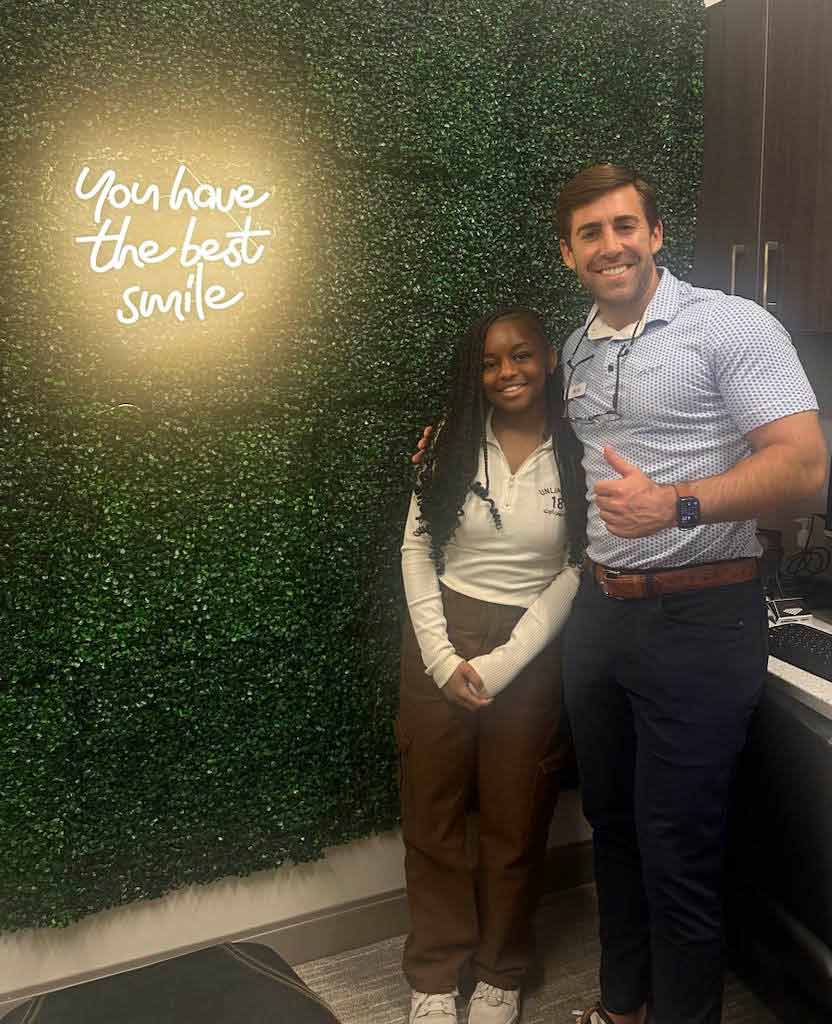What Is TMD?
One type of jaw pain is temporomandibular joint disorder, or TMD. People experience TMD due to issues with the joints in the jaw or sometimes the actual jaw muscles. TMD can become fairly disruptive in some cases, causing significant headaches, neck pain, or sometimes dizziness. Other signs of TMD include jaw popping and difficulty chewing or eating.
How You Can Prevent TMD
Getting any work done on your teeth can end up causing stress on your jaw, which in turn increases your risk of developing TMD. Since TMD can be very unpleasant to deal with, it’s best to be proactive in preventing it in the first place. Many common habits that seem pretty harmless can end up potentially triggering TMD or making the symptoms worse. You can also do small physical therapy exercises to relieve symptoms of TMD or stop the onset of TMD altogether.
Habits That Can Cause or Contribute to Jaw Pain
One way to prevent jaw pain is to keep your jaw relaxed throughout the day. It can be easy to find yourself clenching your jaw tightly, especially on days that are particularly busy or stressful, but this constant pressure on your jaws can have a negative effect. To prevent teeth clenching from leading to jaw pain, try to make it a habit to keep your teeth apart or only slightly touching instead.
The neck and jaw are closely linked, and problems with one often affect the other. Because of this, poor posture can actually contribute to jaw pain. Keep your back and neck straighter to prevent extra stress your neck muscles. This will translate to increased comfort in the joints in your jaw.
You can also prevent jaw pain by curbing other common habits, such as resting your chin on your hand, eating chewy foods often, or only chewing on one side of your mouth. It’s also best to minimize foods that require taking big bites, such as large burgers or sandwiches. If you do eat these foods, try to take small bites.
Jaw Exercises
There are plenty of quick and simple exercises you can do that will keep your jaw muscles and joints feeling relaxed. An easy one to remember is to simply massage your jaw throughout the day, starting from your joints and moving up to your temples. If you notice your jaw starting to pop or feel sore, try to support your chin with your hand whenever you yawn to avoid making your jaw pain worse. You can also practice jaw extensions throughout the day, both with and without resistance, to build flexibility and strength in your joints.
If you experience any jaw discomfort during your treatment or immediately following, don’t hesitate to contact Charleston Orthodontic Specialists to learn how you can keep your smile both looking and feeling amazing.



